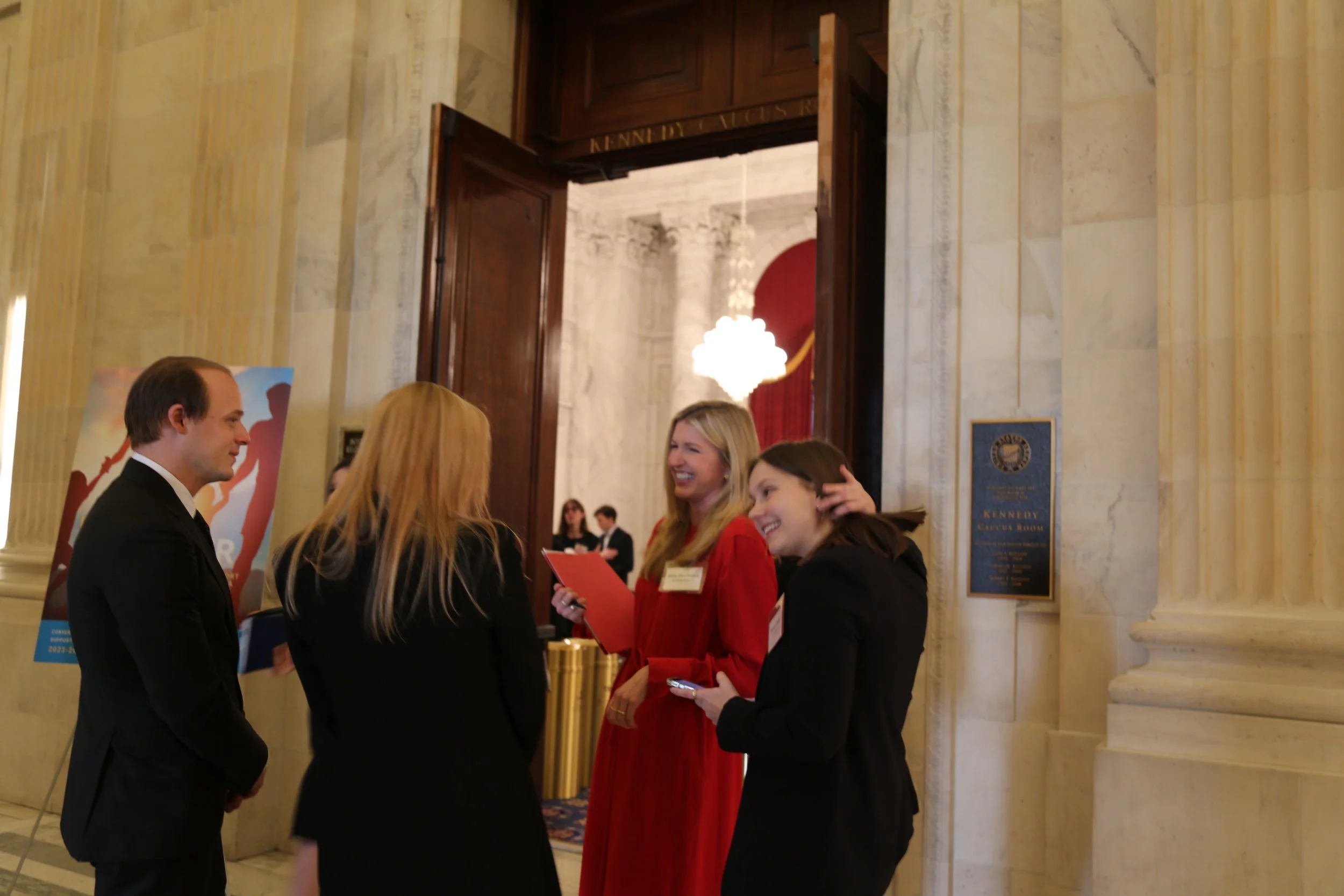Abby McCloskey, Dallas Morning News,May 19, 2024
“I am an applied economist and the mother of three young children. On April 27, 2024, I wrote an opinion piece for The Dallas Morning News, “Phones are ruining childhood. Here are 3 steps Dallas ISD should take,” recommending a technology audit, playful recess, and banning smartphones for students on school campuses.
I had written a similar critique in the aftermath of COVID-19, when my kindergartener was required to carry a DISD-issued tablet to school and back in his backpack, alongside his turkey sandwich and juice box, with faulty safety controls and no clear communication with his parents.
These articles were built off of the burgeoning literature demonstrating the negative influences of children’s overexposure to screens in terms of distraction and compromised learning, addiction and weakened mental health, and the opportunity cost of forgone face-to-face interactions. Concerns about screen use and children have also been published by the Centers for Disease Control and Prevention, the American Academy of Pediatrics and the Surgeon General.
Most recently, this literature has been compiled and democratized in social scientist Jonathan Haidt’s new book, The Anxious Generation: How the Great Rewiring of Childhood is Causing an Epidemic of Mental Illness, which dedicates a section to the impact of technology in schools.
The Organization for Economic Cooperation and Development also recently released its first assessment of the impact of technology on learning, “Heavy Use of Tech in Classroom Can Lead to Worse Learning Outcomes.” The report finds that “even countries which have invested heavily in information and communication technologies … for education have seen no noticeable improvement in their performances in … reading, mathematics or science.”
In response to the piece, I received considerable feedback from other parents as well as from school and district administrators, including extremely helpful conversations with Dallas ISD. I wanted to share some of those questions, recommendations and conversations as we continue to think through the impact on technology and learning together.”












